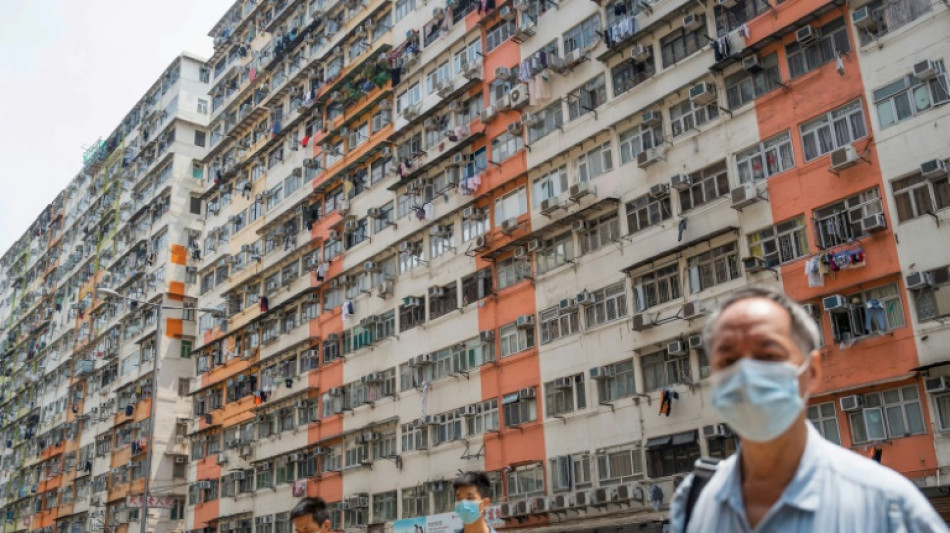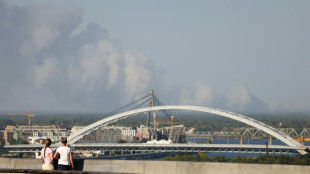

Hong Kong September heat record broken twice
Hong Kong has broken two heat records for September in a little over a week, the city's weather observatory said Tuesday, as the crowded financial hub swelters through one of its hottest summers.
The Hong Kong Observatory said a temperature of 35.4 degrees Celsius (95.7 Fahrenheit) was recorded on Tuesday afternoon, "once again breaking the record for highest temperature in September" since the city started keeping records in 1884.
The previous high of 35.3C was set just last Monday, toppling a record that had stood since 1963.
"Due to dry air from mainland (China), we expect the weather to be sunny and hot from this week to early next week," the observatory added.
Southern China last month recorded its longest continuous period of high temperatures since records began more than 60 years ago, sparking power cuts and droughts that have hit the agricultural and manufacturing sectors.
Experts have said the intensity, scope and duration of the heatwave could make it one of the most severe recorded in global history, with temperatures routinely hitting up to 40C in many provinces last month.
Those temperatures in mainland China have since come down.
Intensely humid Hong Kong has experienced less searing heat than the mainland but has still sizzled through an intense summer.
July was the city's hottest month on record while the average temperature from June to August was 29.2C, making it the fourth hottest summer so far.
The high temperatures have been especially punishing for the 220,000 poorest residents who live in cramped rooftop huts or tiny subdivided apartments and "cage homes" that often have limited or no air conditioning.
P.Garcia--HHA



